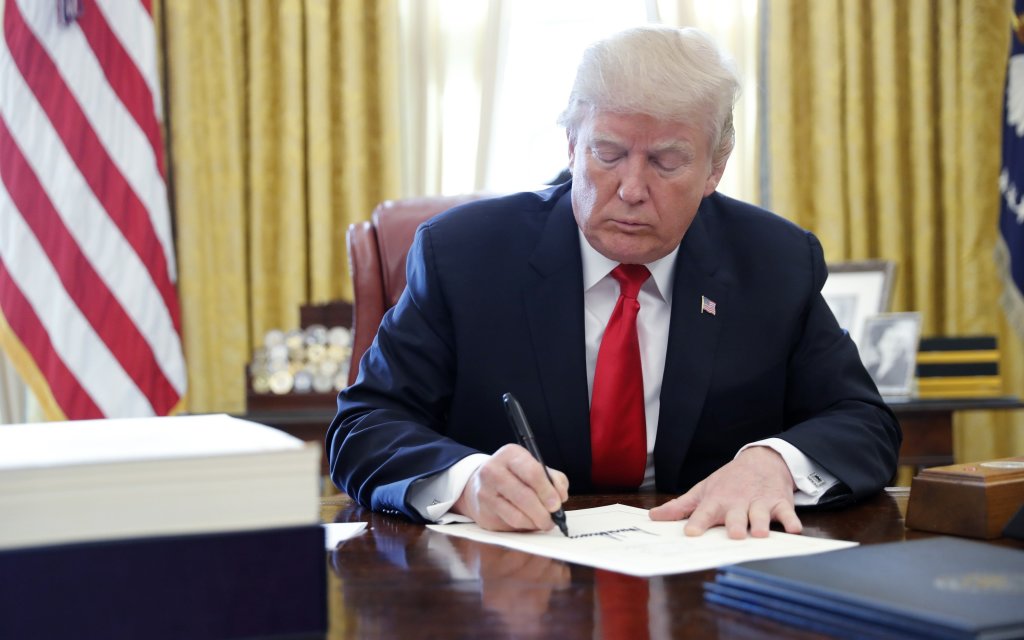
President Donald Trump signed his major policy legislation into law Friday afternoon, one day after Congress narrowly approved the controversial measure.
The White House signing ceremony, held during July 4th celebrations, implements significant portions of Trump’s agenda including tax reductions, defense spending increases, and immigration enforcement measures.
Trump celebrated the achievement at an Iowa rally Thursday night, promising supporters it would drive economic growth. However, he faces the challenge of convincing skeptical Americans, as polling indicates widespread disapproval of the legislation.
Several Republicans opposed the bill due to concerns about rising national debt, while Democrats argued it favors wealthy Americans at the expense of lower-income citizens.
The 870-page legislation includes several key provisions: extending Trump’s 2017 tax cuts from his first presidency, significant reductions to Medicaid spending for low-income and disabled Americans, new tax exemptions for tipped income, overtime pay, and Social Security benefits, a $150 billion defense budget increase, reduced clean energy tax credits from the Biden era, and $100 billion allocated to Immigration and Customs Enforcement.
The bill signing preceded Independence Day fireworks and a military gathering attended by pilots who recently conducted operations in Iran targeting nuclear facilities.
This celebratory atmosphere followed intense negotiations with Republican dissidents in Congress and extensive lobbying efforts on Capitol Hill, sometimes involving the president directly.
House Minority Leader Hakeem Jeffries attempted to delay the final vote by speaking for nearly nine hours Thursday. He characterized the bill as an “extraordinary assault on the healthcare of the American people” and shared testimony from concerned individuals about its potential impact.
Despite his lengthy speech, the House proceeded to vote immediately afterward. Only two Republicans joined all 212 Democrats in opposition, with the bill passing 218 to 214.
The Senate had previously approved the legislation, though Vice President JD Vance was required to cast a tie-breaking vote after three Republicans withheld support.
Following the House vote, Trump appeared triumphant at his Iowa rally, launching a multi-year celebration of America’s 250th anniversary of independence.
“There could be no better birthday present for America than the phenomenal victory we achieved just hours ago,” Trump told Des Moines supporters. “Very simply the One Big, Beautiful Bill will deliver the strongest border on Earth, the strongest economy on Earth [and] the strongest military on Earth.”
The White House expects the various tax reductions to stimulate economic growth, though many experts worry this won’t prevent the budget deficit from expanding significantly, adding to national debt.
Congressional Budget Office analysis suggests the tax cuts might generate a surplus initially but will subsequently cause sharp deficit increases.
According to Tax Policy Center research, the tax modifications would primarily benefit wealthier Americans. Approximately 60% of benefits would go to individuals earning above $217,000 annually.
The legislation affects Americans who rely on various subsidies. Jordan, a father of two among 42 million Americans receiving SNAP benefits, currently gets about $700 monthly to feed his family of four. The 26-year-old said he would seek a second job if the bill reduces his benefits. “I’m going to make sure that I can do whatever I can to feed my family,” he stated.
Beyond SNAP reductions, Medicaid changes would result in nearly 12 million Americans losing healthcare coverage over the next decade, according to Congressional Budget Office estimates.
Republicans defend their Medicaid modifications, arguing that strengthened work requirements will address abuse and fraud within the system.
Pre-passage polling indicated limited public support for the legislation. A Quinnipiac University survey found only 29% endorsing the bill, though support rose to two-thirds among Republicans specifically.
However, public awareness of the legislation may be limited. Reuters reported little knowledge of the bill among Trump supporters interviewed at Thursday night’s Iowa rally.



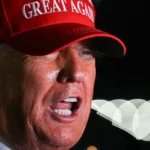

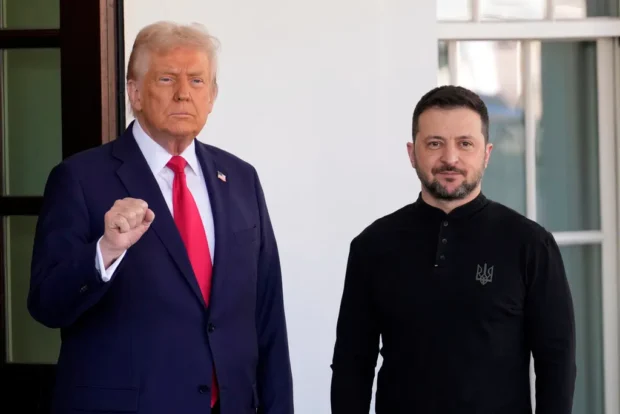
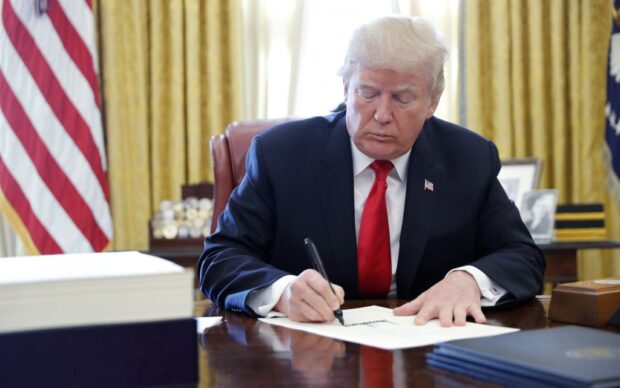
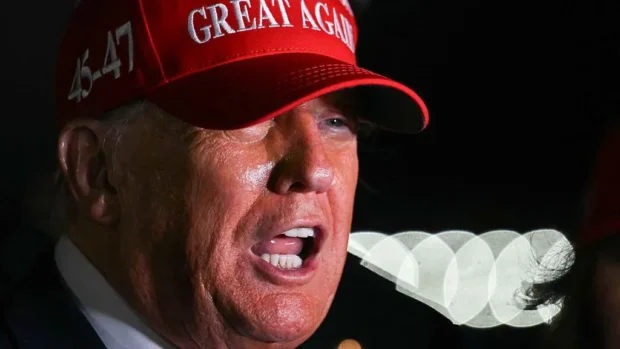
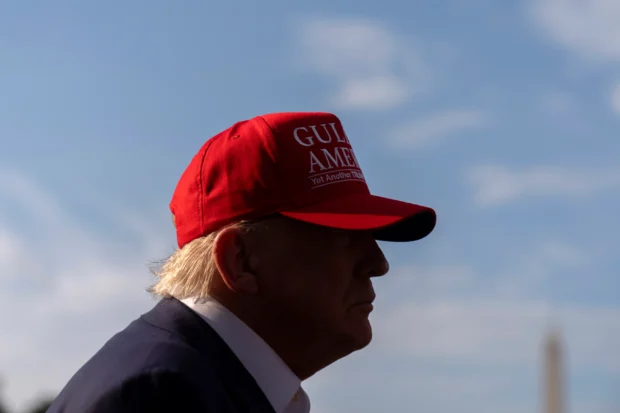
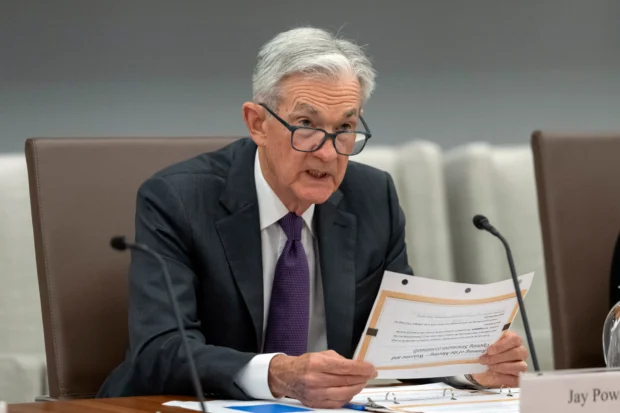
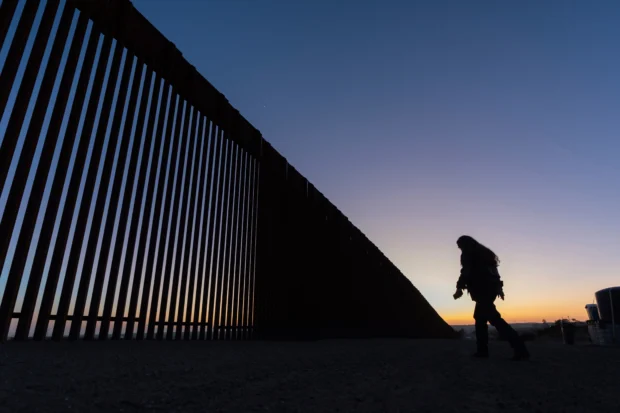

Be the first to leave a comment